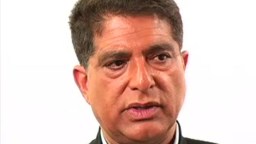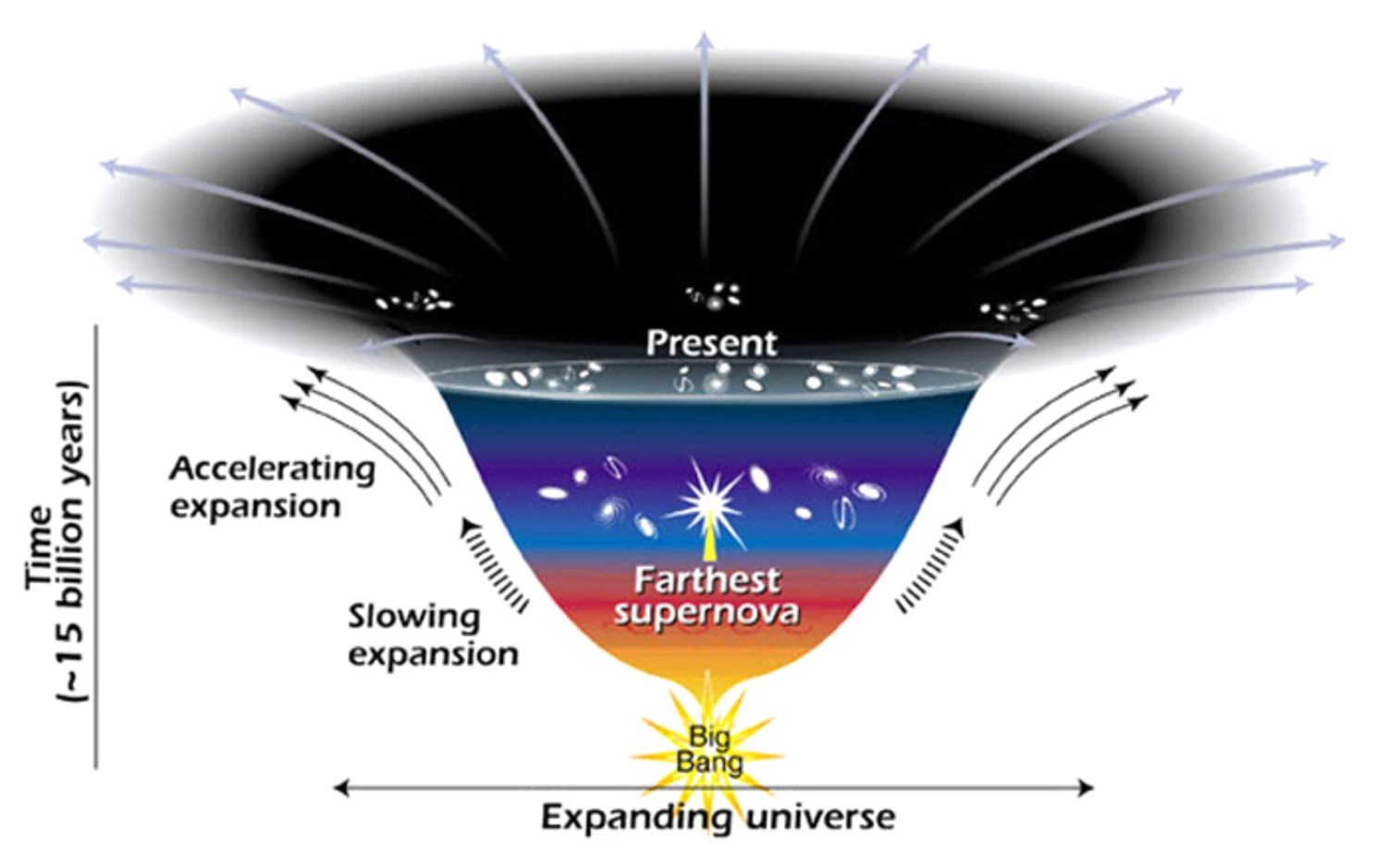Deepak Chopra: Well over the years, I’ve looked at the biological molecules of aging. And these include things like blood pressure, bone density, body temperature regulation, skin thickness, the number of wrinkles, immune function, sex hormone levels, hearing, vision. There are a number of ways you can measure what we call biological aging. Then there’s something called “chronological aging”, which is from the date you were born. And then there’s “psychological age,” which is how young you feel psychologically.
And there is more and more data that the biological molecules of aging are more under the influence of psychological factors than the chronological age that we usually associate with. Of course there are other things that influence our aging process, including how we perceive time. If you’re constantly running out of time, then your biological clock speeds up, and you do run out of time with a heart attack or something like that. The quality of our self-esteem determines how we age. Our perception of our bodies as fields of energy or fields of matter influence how our body ages.
And there are many other things – the quality of our rest, as in sleep; the quality of our ability to manage stress through meditation; physical exercise; mind-body coordination through techniques such as yoga, and breathing, and martial arts; the quality of our relationships – whether we have toxic relationships or healing relationships; the quality of our emotions – toxic emotions or emotions that foster connectivity. These all influence how we age.
Aging is subject to revision, so you’re going to have somebody who is chronologically 80, but could be biologically 65. On the other hand you could have someone who is chronologically 25, but they are physically and mentally burnt out. And biologically they could be much older.
The fastest growing segment of the population in the world right now is over the age of 90, and in some cases over the age of 100 in some countries. So people are living longer. And even though much of it is attributed to modern medicine, it’s not. It’s lifestyle. It’s nutrition. It’s the quality of exercise, the ability to manage stress, and some of the factors that I mentioned.
I think everybody plays a role in their own aging. Some people accelerate it. Some people slow it down. Some people manage to reverse it. It all depends on how much you are invested in the hypnosis of our social condition. So if you believe that at a certain age you have to die and you become dysfunctional, then you will.
Recorded on: Aug 17, 2007






